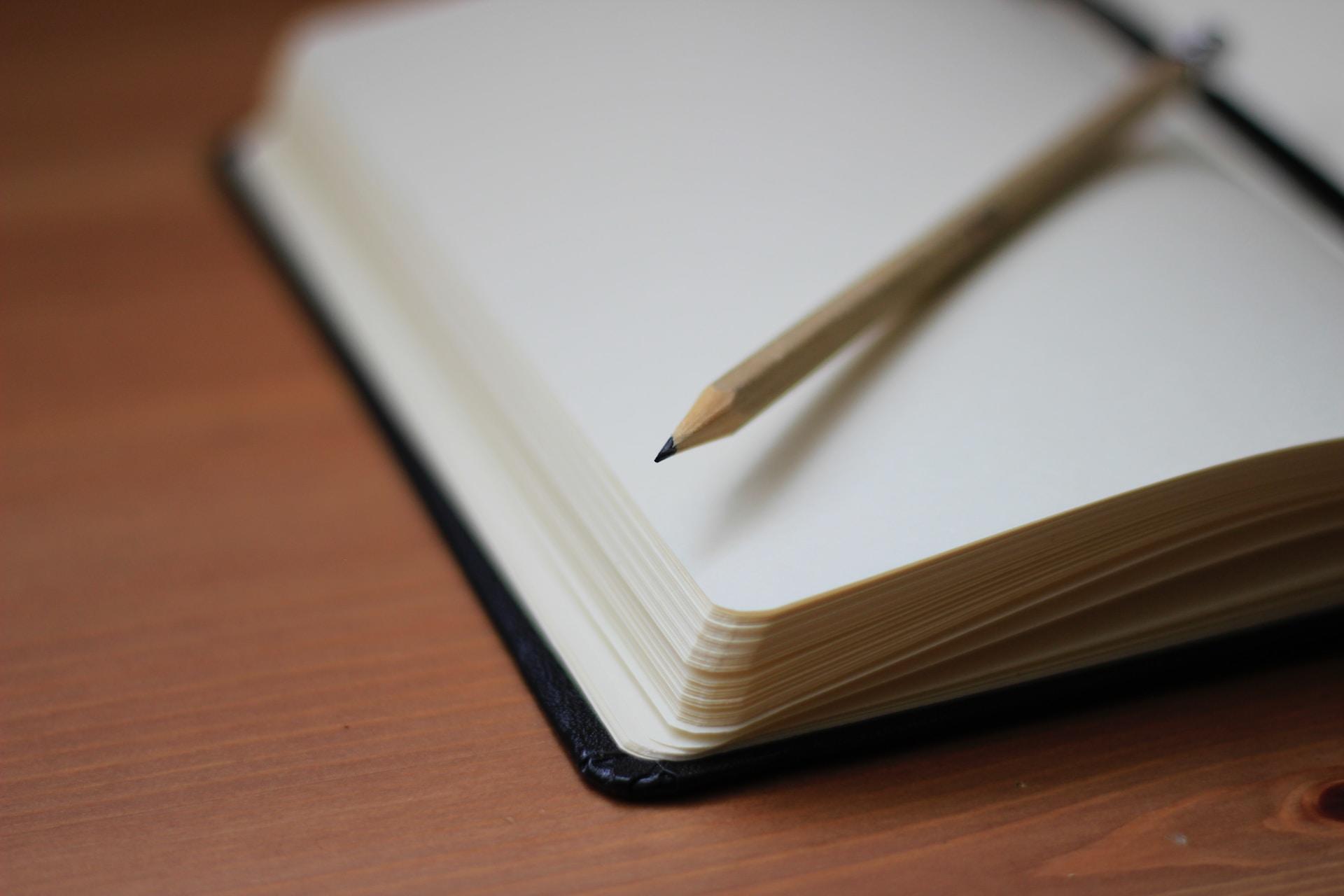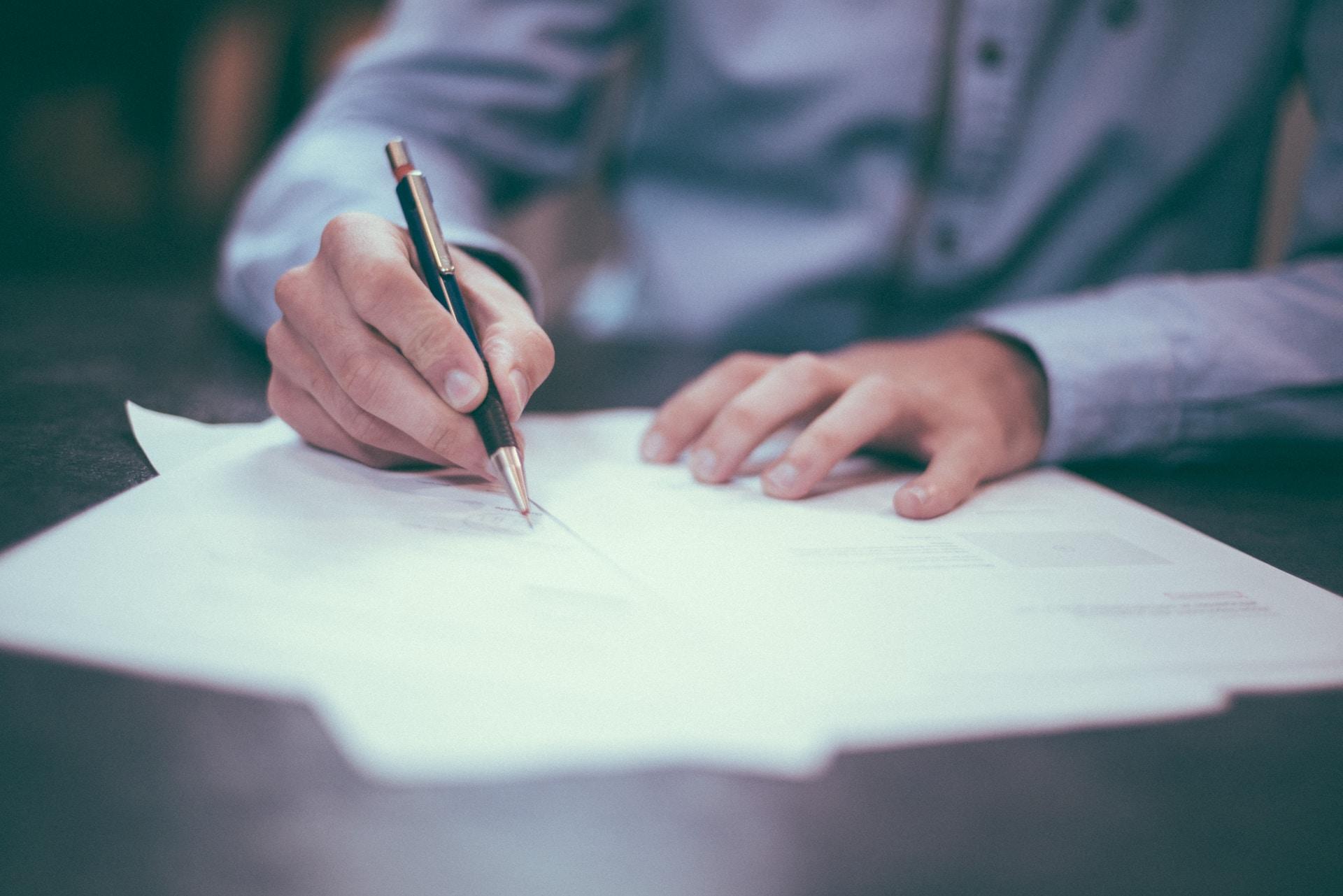Every student studying VCE Psychology wants to do as well as they can. In some circles, psychology is dubbed an "easy" subject because of how VCE subjects are scaled, but all this actually means is that you need to get an even higher result on your exams because the competition is so fierce.
The best way to do this starts way before your actual assessments and examination so let's see how to best study VCE Psychology, the preparation you can do for the assessments and exams, and how to perform well on the day you take the exam.

Study Techniques
The old adage of “by failing to prepare, you are preparing to fail” rings true with any subject, but it's also important that you don't fall into the trap of spending all your time coming up with clever systems and approaches and not actually studying anything.
Preparation is excellent, but you can reach a point where your preparation is actually just procrastination and you're spending all your time planning what you're going to do without actually doing anything. Don't forget that your planning and preparation are so that you can spend your time effectively studying.
Here are just a few things you should be doing throughout the course and not just before assessments and exams.
Don't Fall Behind
This sounds like an obvious one, but many students don't realise they're falling behind until it's too late.
You never really know what work you'll need to do in your other subjects so even if you're given two days to study something, do some homework, or prepare something for class, it's a good idea to do it on the first day when you can because if you wait until day 2 and get more work from another class, you may struggle to get it all done.
Be proactive, do everything you can as soon as you can, and be sure to ask if you're not sure about something.
Outline Key Terms
Psychology includes a lot of terms you'll need to remember. It's always a good idea to create your own lists, cue cards, or glossaries of these terms and test yourself on what they mean.

Remember to go back to these regularly to ensure that you still remember and understand the terms.
As you're first learning the terms, you'll need to revisit them more frequently, but you can reduce how often you go back to them as they become second nature to you.
Read the Study Design
Every VCE subject has a comprehensive document explaining what you'll be tested on, what you need to learn, and what the learning objectives of the subject are. These are called study designs and while they're not page-turners, the 60-page document is definitely worth reading through at least once so that you know what's expected of you.
Some sections in the VCE Psychology study design are more important than others, but there's a comprehensive breakdown of each of the units in VCE Psychology and the key knowledge areas that you'll have to study.
Make a note of these and it'll make planning your revision or study sessions much easier.
Schedule Revision or Study Sessions
Comprehensive planning is key to succeeding in any subject so set aside specific times and days to go study psychology, even when it isn't time for exams.
Get into the habit of sitting down at a given time and day, even if you have very little to go over. By the time you really need to study, this will be a normal part of your weekly routine and it'll help you feel less aggrieved that you have to do it.
When you're not revising for the exam, you can use this time to go back over what you did in class, do your homework, or do any other VCE Psychology tasks you have to do.
Test Your Comprehension
As part of your regularly scheduled VCE Psychology revision sessions, test your comprehension of what you've been learning. Look to sample questions, try to remember definitions, and explain concepts to a family member or friend to ensure that you've fully understood what you've been learning in class.
Remember that with everything, you need to go over newer concepts more frequently, reducing how often you revisit these concepts as they work their way into your long-term memory.
Test Your Memory
It's all well and good to understand something immediately after you've spent an hour studying it, but remember that your memory will deteriorate and after a few days, weeks, or months, things won't be as clear.

This is why it's always good to revisit earlier topics and concepts and prioritise the concepts that you get wrong. If you get something right, you can wait longer until the next time you go back over it, but if you get it wrong, it'll be worthwhile scheduling another attempt sooner than you had planned.
Use Good Resources
The resources you use are important and high-quality psychology study resources will make getting a good result in VCE Psychology much easier.
The best resources are whichever resources work for you. If you're regularly testing your comprehension and memory of the key knowledge you need to know for VCE Psychology, you'll be able to tell which resources are working and which ones aren't.
Create Your Own Resources
If you're thinking to yourself that you can't find any good resources for something, then make your own. It's very easy to make flashcards, glossaries, etc. and by taking clear notes during your lessons, you can turn these into resources to help you study further down the line.

Exam Practice
Before you do any exam, it can help to practice. Knowing the topics that are on the exam is really important, but it's also important that you hone your exam technique.
Do a few past papers of practice papers in exam conditions so you're more familiar with the types of questions that appear on the paper.
Exam practice can also help you to better manage your time during an exam. You'll know how long it takes you to answer certain types of questions and this can help you to prioritise during the real thing.
By regularly practising in exam conditions, you can also alleviate the stress on the day because there'll be fewer surprises for you to have to worry about.
Exam Technique
It can be very easy to panic on the big day, but if you've stayed on top of everything right from the beginning, you won't have much to worry about.
The morning of the exam is too late to study because anything you haven't learned by this point won't have the time to make it into your long-term memory and you just run the risk of focusing on the wrong thing and throwing yourself off your game.
Here are just a few of the main tips to do well on your exam.
Read Questions Carefully
Carefully read every question! It's so easy to lose points here and there because you misunderstood the question or didn't do exactly what was asked of you.
You only save a handful of seconds by skimming a question so it's not worth it. Reading the question a couple of times will be worth it as it'll make you far more likely to get it right and extract the maximum number of points from the question.
Skip Questions
Every exam is an exercise in time management and while it's worth spending the time to read questions carefully and even read questions a couple of times, it's also sometimes worth your time to skip questions to return to them later.

A lot of students like to get as many points as they can on the board by doing all the questions that they can confidently answer first. If there's a question that you're unsure of or you think is going to take you a lot of time to answer to an acceptable level, skip it and come back to it once you've finished the questions that you can easily get a lot of points for.
Attempt Every Question
By the end of the exam, you should have attempted every question. Of course, you should have started with the questions you were confident about, but even if you feel really unsure about the answer, it's worth putting something down as you may still get a few points for the question.
Prioritise the questions you know before coming back to the questions you don't and attempting every question before time's up. There's no point in sitting in the exam doing nothing because you think you don't know a question. After all, that's guaranteed to get you nothing for your answer! Give every question a good go because it won't cost you anything.
Of course, if you need more help with VCE Psychology, there's no reason you can't get help from a private psychology tutor.















